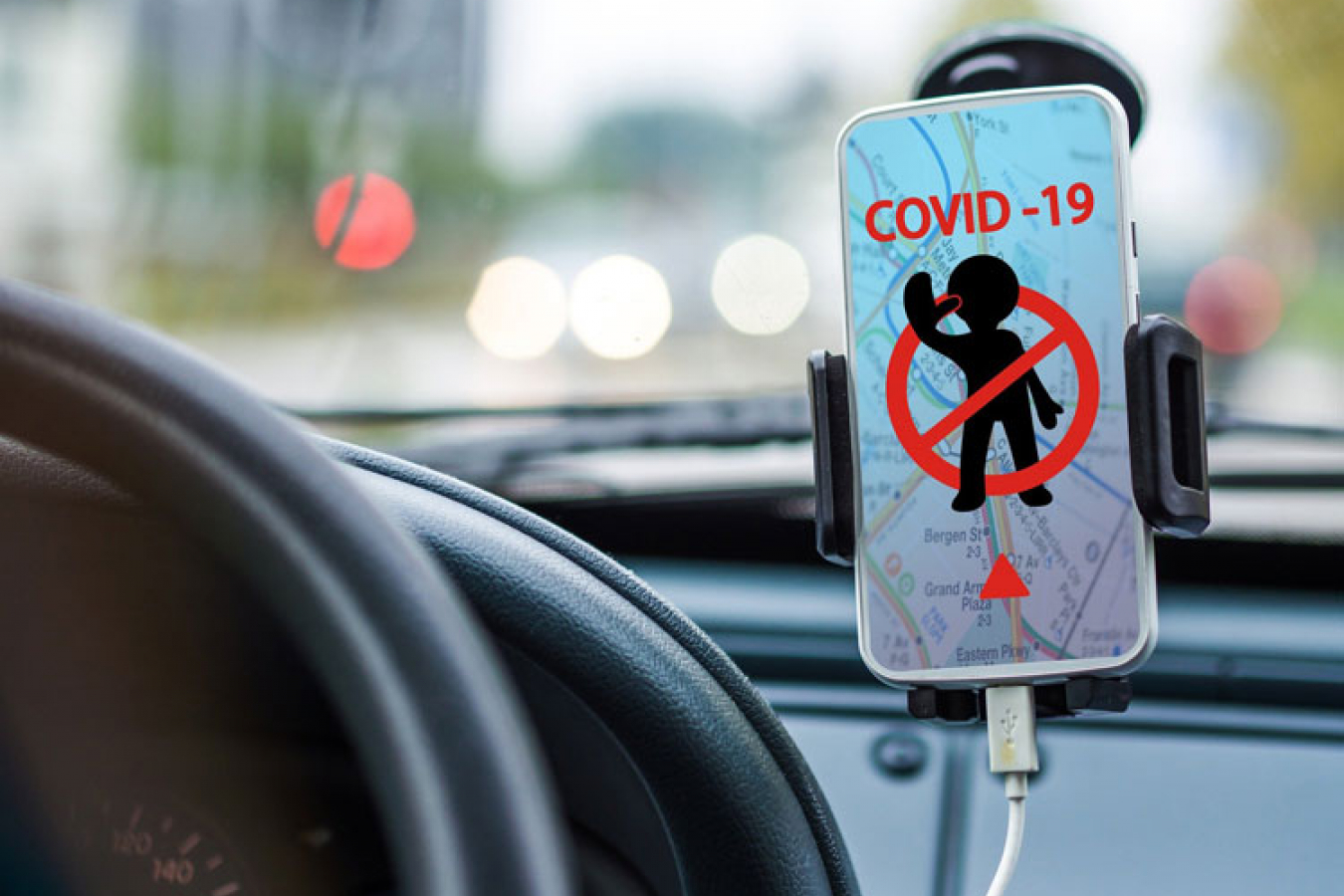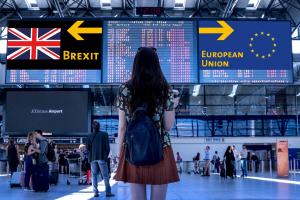Support migrant centric journalism today and donate

Comments by Sanwar Ali:
Currently, travel is difficult anyway due to the COVID-19 situation and the new strain of the virus. When air travel is back to normal it remains to be seen how long it will take for British nationals to pass through entry checks in EU countries. After almost fifty years of being in the EU, the end of free movement may take quite some getting used to.
Britons travelling to the EU as of 1st January 2021
The UK, after the end of the Brexit transitional period, is now considered by the EU as being a “third country”. At the moment this may not make a lot of difference as COVID-19 restrictions mean that travel is difficult. Until the end of the Brexit transition period and before COVID-19, UK nationals would usually benefit from free movement. As a third country, UK citizens can no longer exercise treaty rights.
As of 22nd October 2020, EU countries were asked to gradually lift the travel ban on third countries that have a low rate of infection. Restrictions were lifted for residents of a total of 8 third countries, including Australia and Singapore. All other residents of third countries, including the UK, will not be permitted to travel to the EU until COVID-19 casualties have dramatically reduced, resulting in the lifting of restrictions. Another complication is the new virus strain which means that many countries around the World are not allowing air travel from the UK.
UK COVID-19 Tier 4 and what it means for international travel
London and part of the South East of England were put under Tier 4 restrictions by the government on the 19th December 2020. As of the 31st December 2020, more of the UK has moved into Tier 4 restrictions including parts of the North East of England and the Midlands. This change in tiers now means that 78% of the UK will be under a “stay at home” order. But what does this mean for international travel?
Areas now in Tier 4 have been ordered to “stay at home”, and only go out under limited exceptions set out in Law. These exceptions include but are not limited to work, buying food, fulfilling legal obligations, for exercise and for medical reasons. Travelling abroad for holidays or leisure purposes is banned for those living in Tier 4 areas unless you are travelling abroad for one of the reasons listed under the limited exceptions. The government said “If you live in a Tier 4 area, you can only travel internationally - or within the UK - where you first have a legally permitted reason to leave home. In addition, you should consider public health advice in the country you are visiting.”
International travel is not banned for those living in areas not under Tier 4 restrictions, however, the government is advising that they consider only travelling where the travel is deemed essential.
Global ban on UK travel
The new strain of COVID-19 that is rampant in parts of the UK is said to be 70% more transmissible than the original strain. This has led to several countries banning travel from the UK, ruining plenty of Britons travel plans for Christmas and New Year's Eve.
Full list of countries banning flights from the UK or with restrictions:
Algeria- Indefinitely | Jamaica- 4th January |
Argentina- Indefinitely | Japan- Indefinitely |
Austria- until 1st January | Jordan- 3rd January |
Belgium- Belgium residents only until 31st December | Kuwait- 1st January |
Bulgaria- until 1st January | Lithuania- 1st January |
Canada- Indefinitely | Macedonia- 31st January |
Chile- Indefinitely | Malta- Malta residents only |
Columbia- Indefinitely | Mauritius- 31st December |
Croatia- until 31st December | Moldova- Indefinitely |
Czech Republic- until 31st December | Morocco- indefinitely |
Denmark- until 25th December | Norway- 26th December |
Dominican Republic- Indefinitely | Oman- 27th December |
El Salvador- Indefinitely | Pakistan- 30th December |
Estonia- until 1st January | Panama- Panama residents only |
France- France residents only until 6th January | Peru- 4th January |
Finland- until 4th January | Philippines- 31st December |
Germany- until 6th January | Poland- 6th January |
Gibraltar- Gibraltar residents and Spanish nationals only | Portugal- Portugal residents only |
Grenada- Indefinitely | Romania- 4th January |
Hong Kong- Indefinitely | Russia- 28th December |
Hungary- 8th February | Saudi Arabia- 27th December |
India- 31st December | Singapore- Singapore residents only |
Iraq- Indefinitely | South Korea- 31st December |
Ireland (Excluding NI)- 31st December | Spain- Spain residents only |
Israel- Israel residents only | Sri Lanka- Indefinitely |
Italy- 6th January | Sweden- Sweden residents only until 21st January |
Switzerland- Indefinitely | |
Turkey- Indefinitely | |
Uzbekistan- Uzbekistan residents only until 10th January |
Workpermit.com can help with Sponsor Licences
If you need help with employing Skilled Workers and help to apply for a Sponsor Licence, including complying with your Sponsor Licence obligations, workpermit.com can help.
For more information and advice on Sponsor licences, please contact us on 0344 991 9222 or at london@workpermit.com(link sends e-mail)





















